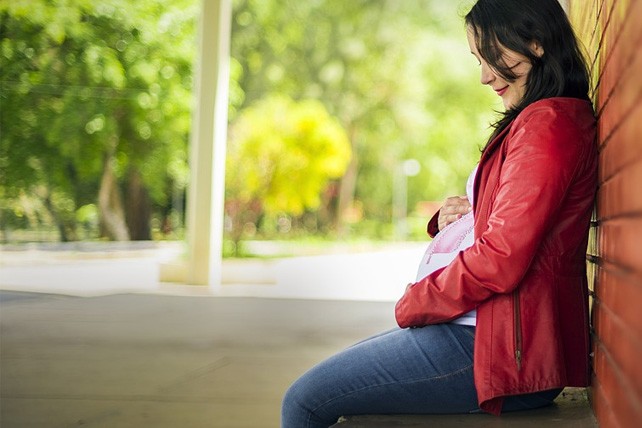A Brazilian drug programme, With Open Arms, is providing people who misuse crack cocaine with housing and employment. The approach, targeted at residents of Cracolândia (“Crackland”) in São Paulo, has led to a reduction in drug misuse, and has helped provide people with a sustainable lifestyle.
With Open Arms (De Braços Abertos) was initiated in 2014 by São Paulo’s mayor, Fernando Haddad. Prior to the programme’s implementation, Cracolândia – the unofficial nickname of a small neighbourhood of the city – was enduring an enormous and increasing rate of drug addiction which punitive policies were failing to counter. Mayor Haddad introduced the programme with the intention of trialling drug policies rooted in health and community support, rather than punishment.
The programme provides housing in nearby hotel rooms, daily meals at a local diner, access to healthcare facilities, and the opportunity to work and earn an income through cleaning. Perhaps most importantly, the programme’s 450 beneficiaries may use the provisions without being required to abstain from drug use.
With Open Arms has been criticised by some São Paulo media sources, including Estadão and Diário, for allegedly encouraging drug use. Such publications have depicted the programme negatively, and claimed that it contributes to high crime rates, because it does not necessitate participants to abstain from drug use. However, evidence suggests that the programme is doing the opposite.
The programme has successfully provided people who misuse drugs with a sustainable way of life, while helping them to reduce their drug use without forcing them to do so. Around two thirds of the With Open Arms’ beneficiaries claim to have reduced their crack consumption after voluntarily joining the programme, according to a recent report published by the Brazilian Platform for Drug Policy (BPDP).
A report by the São Paulo municipal government has corroborated the BPDP’s findings. Among individuals who had partaken in the programme for two years, the proportion consuming “large” quantities – 81 to 100 crack crystals weekly – reduced from 16 per cent to two per cent. Perhaps most impressively, the proportion of beneficiaries who reported using crack cocaine throughout the day reduced from 65 per cent to five per cent.
Although the programme has had two and a half successful years of operation, the BPDP warns that there are a few aspects that need improvement. Beneficiaries have expressed a desire for the relocation of accommodation to reduce temptation, as six of the seven hotels used are in neighbourhoods with high rates of crack use and sale. Additionally, beneficiaries seek improvements in working conditions; the registering of employment in workbooks, higher wages, and opportunities to widen their skillsets.
Despite these issues, the programme is effectively integrating people into society who formerly faced repression, exclusion and punitive government measures. Beneficiaries view the programme positively, and many report that the structuring of their daily lives, in form of state housing and employment, is successful at minimising conflict and lowering crack misuse.
São Paulo’s health secretary, Alexandre Padilha, asserts that those who criticise With Open Arms must propose alternatives that are as effective at reducing drug misuse; “they need to overcome their prejudices and show results".


